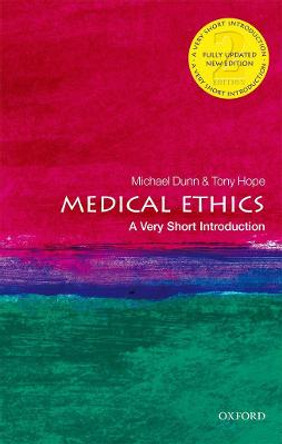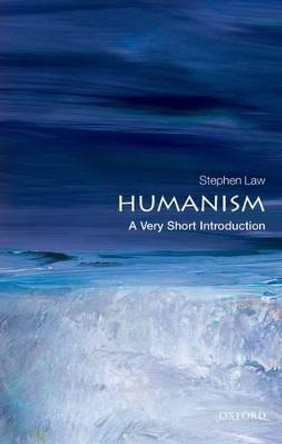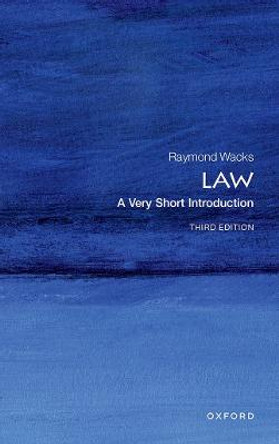Medical law is concerned with our bodies, and what happens to them during and after our lives. When things go wrong with our bodies, we want to know what our rights are, and what governs the conduct of the clinicians into whose hands we put our lives and limbs. Dealing with matters of life and death, it can therefore have a fundamental impact on medical practice. Headlines in the media often involve the core issues of medical law - organ transplantation, abortion, withdrawal of treatment, euthanasia, confidentiality, research on humans - these are topics that affect us all. Headlines can misrepresent, however. In order to fully understand the issues and their relevance, we have to delve into the cases and into the principles behind them. In this highly readable Very Short Introduction, Charles Foster explores different examples to illustrate the key problems and principles of medical law. ABOUT THE SERIES: The Very Short Introductions series from Oxford University Press contains hundreds of titles in almost every subject area. These pocket-sized books are the perfect way to get ahead in a new subject quickly. Our expert authors combine facts, analysis, perspective, new ideas, and enthusiasm to make interesting and challenging topics highly readable.
About the AuthorCharles Foster is a Fellow of Green Templeton College, University of Oxford, a tutor in medical law and ethics at the University of Oxford, and a barrister (practising in medical law) at Outer Temple Chambers, London. He read law and veterinary medicine at the University of Cambridge. He is the author, editor or contributor to over thirty five books. His website is at www.charlesfoster.co.uk
Reviewscolourful and engaging * Medical Law Review *
Book InformationISBN 9780199660445
Author Charles FosterFormat Paperback
Page Count 160
Imprint Oxford University PressPublisher Oxford University Press
Weight(grams) 126g
Dimensions(mm) 174mm * 112mm * 4mm










